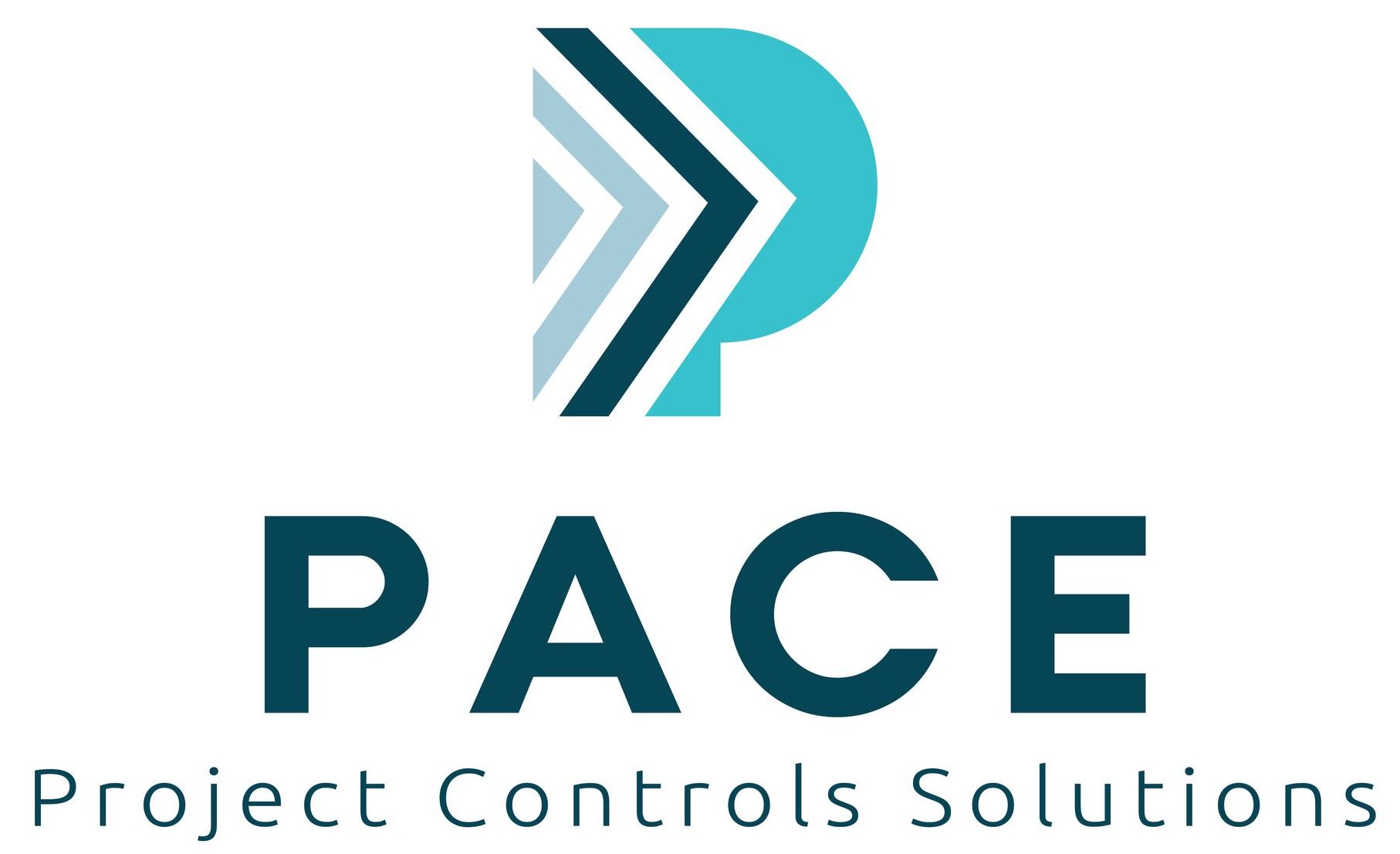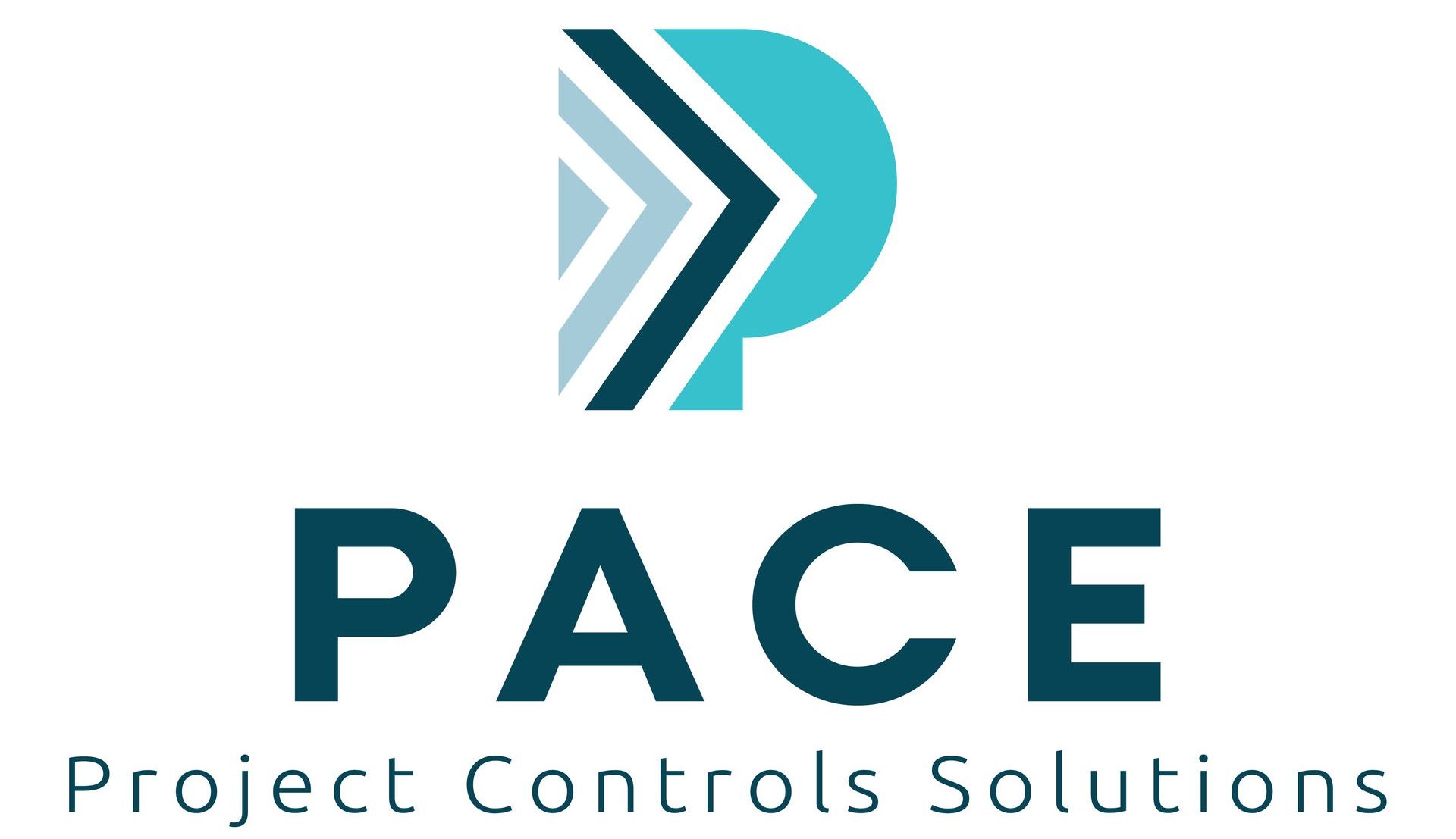Is it time to consider working for an SME?
The project controls landscape is constantly changing which gives professionals diverse opportunities to shape their careers. Whether it’s working directly on the UK’s largest projects, navigating around the world of IR35, or embracing the newest trend and joining a Small and Medium-sized Enterprise (SME).
In the current climate, there’s a compelling case for why venturing into an SME could be particularly rewarding compared to the other options. Let’s explore the pros and cons of each to understand why SMEs are currently an attractive proposition.
The Advantages SMEs can provide
Working for an SME allows you to work in close-knit team and offer a more intimate work setting, fostering stronger relationships and a sense of community. This environment can lead to more comprehensive learning opportunities as employees often wear multiple hats, gaining exposure to various aspects of projects.
Your contributions are more visible to the leadership team. This visibility can lead to quicker recognition of your efforts, potentially accelerating career progression and personal development opportunities. SMEs are renowned for their flexibility and agility, adapting quickly to market changes or project requirements. This dynamic environment can offer more creative and innovative working methods, providing a stimulating challenge for project control professionals.
We spoke to Vikki Rooney, a Planning Director at Movar, who has been on an incredible journey since joining Movar early in 2023.
Having spent a considerable portion of my professional life in the corporate landscape, I understand the challenge of feeling like a number rather than a person. Since making the move to Movar, I’ve had the chance to experience the unique qualities that set smaller enterprises apart. The close-knit team culture at Movar goes beyond the conventional workplace relationships. It feels more like a tight-knit community, adding a sense of genuine connection to the day-to-day work experience. In contrast to the rigid structures of larger corporations, there are more opportunities to engage in various aspects of the business, which not only broadens your horizons but it keeps things fresh and interesting.
Another great aspect of working for an SME is that your voice tends to carry more weight, so you can actually make a difference in shaping the direction the company moves in. Recognition for your hard work is not a rarity – whether it’s a shout-out in a meeting or a simple pat on the back, your efforts are appreciated. While SMEs may not flaunt the flashy perks of larger corporations, the sense of community, the chance to make a real impact, and the flexibility they offer make it a worthwhile trade-off.
Large Consultancies
It is also important to consider why a Larger company may be advantageous to you. SMEs may not have the same resources as larger organizations, including access to cutting-edge tools and technologies, which can sometimes limit the scope of projects.
Additionally, larger companies may offer opportunities on a larger range of projects. More established companies have more influence over more projects so can offer a bigger range of opportunities. Given their size, SMEs can face greater financial instability, especially in turbulent economic times. This risk can affect job security and project continuity.
In conclusion, depending on what stage you are in your career an SME could be advantageous to you. It gives you opportunities to get involved in a company’s journey and growth which can be hugely financially and personally rewarding.
Explore
Quick Links
Join Us
Join Us
Thank you for subscribing.
We will keep you up to date with latest news and updates from Pace Global.
You can unsubscribe at any time via email to info@paceglobal.org or from our emails directly.
Please try again later.
Join Us
We will get back to you as soon as possible.
Please try again later.
© 2024 All Rights Reserved | Privacy Policy
Powered with
by Shazamme.com
Powered with
by Shazamme.com

